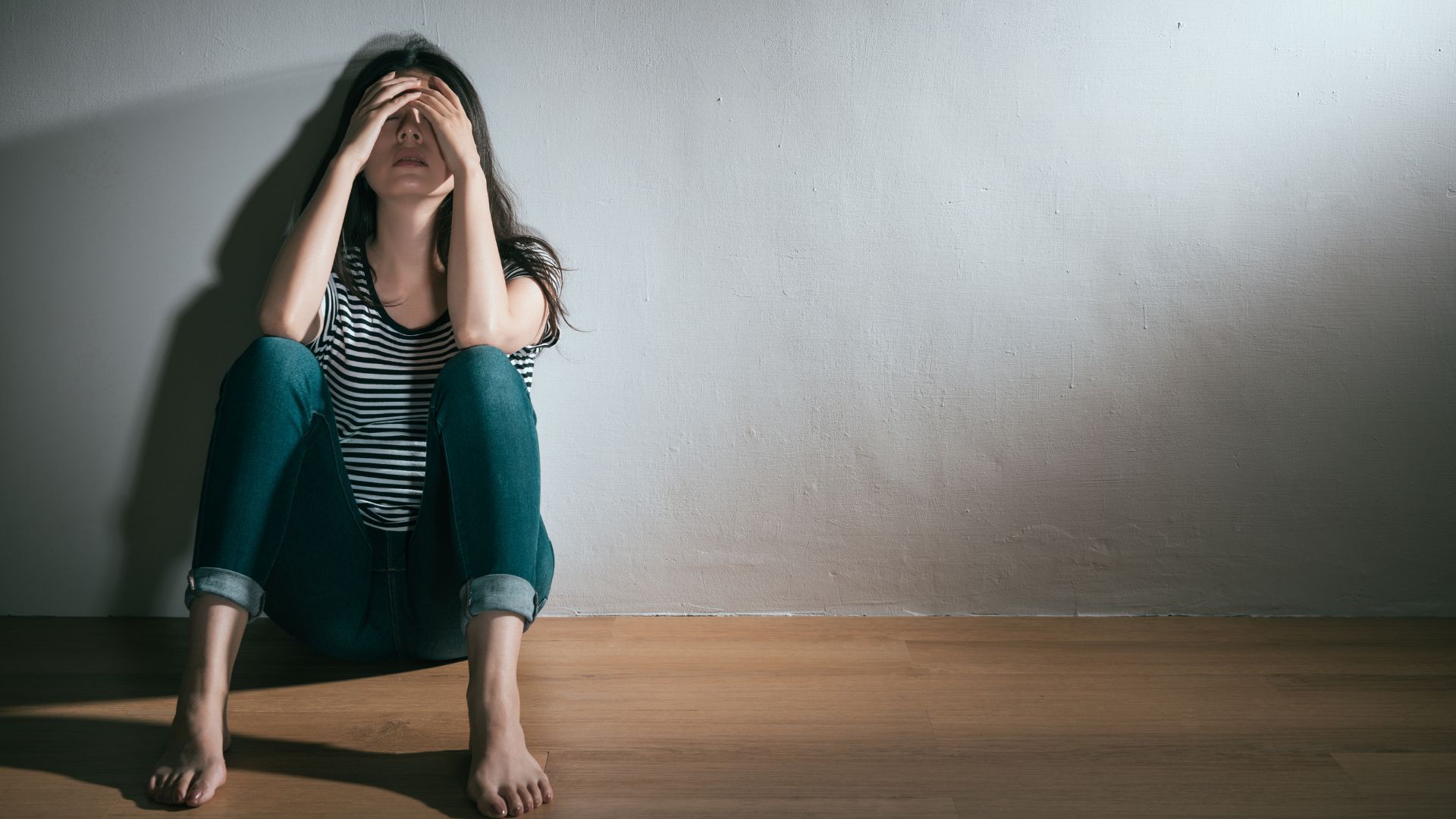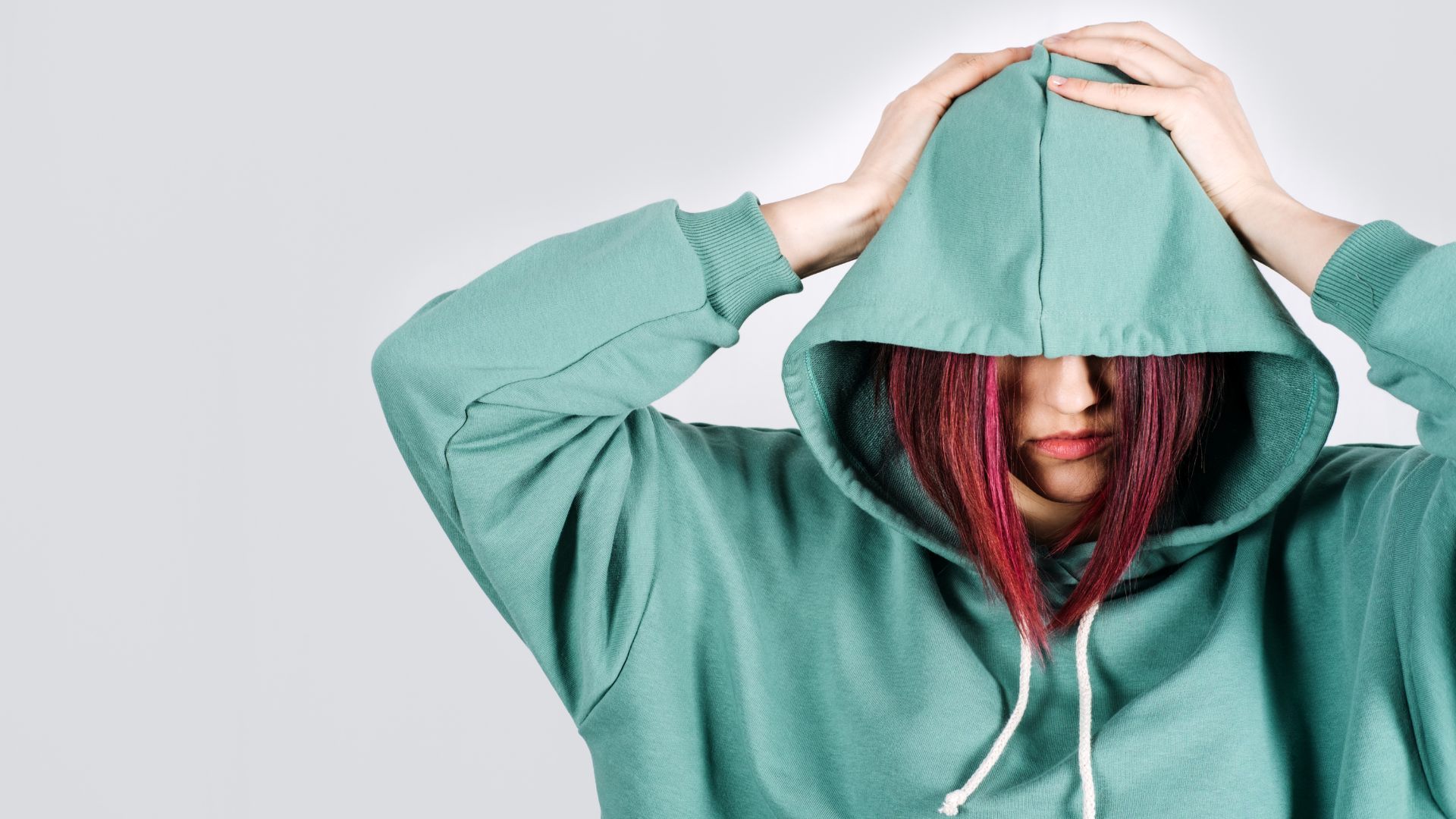How to support someone with bipolar disorder
Caring for a loved one who has bipolar disorder is never easy. It affects their lives and takes hold of those around them. Here’s how you can support them.
December 27 2022 | Simra SadafHow to support someone with bipolar disorder
Recently, pop sensation Selena Gomez opened up about her struggles with bipolar disorder. So, what exactly is this bipolar disorder? It was previously known as manic depression. It’s a lifelong chronic mental illness that causes extreme mood swings in people. It includes emotional highs and lows. The high is known as mania or hypomania and the low is known as depression. However, people with this mood disorder also experience periods of normal mood known as euthymia.
Bipolar disorder causes extreme mood shifts in carrying out everyday tasks. It affects a person’s moods, thinking patterns, and energy levels. People who have bipolar disorder may feel either invincible or they may feel so depressed. Either of these feelings can lead them into reckless and destructive activities. They may engage in unsafe behavior mentally, physically, and sexually.
Symptoms of bipolar disorder
Bipolar disorder symptoms include:
Manic episodes
One of the key features in identifying whether or not a person has this mood disorder is the help of this episode of mania. Mania is a condition where they have abnormally elevated or irritable moods. You will notice changes in their energy, activities, and thought processes.
If a person goes through this episode even once a week, getting professional help is crucial because this manic state can make them harm themselves. They will suddenly start spending money or drive recklessly. They will cause mental, social, financial, and physical harm not just to themselves but also to those around them.
Depressive episodes

Depression is normally characterized by feelings of sadness, loneliness, and worthlessness. They lose interest in not just any activity but also the activity that they used to love doing the most. Symptoms of depression include:
Difficulty falling asleep
Suicidal thoughts
Self-harm
Self-doubt
Feelings of despair and guilt
Difficulty concentrating and lacking energy
Feeling empty, pessimistic, and worthless
Being delusional
Having hallucinations and disturbed or illogical thinking
Loss of appetite or overeating
Types of bipolar disorder

There are six main types of bipolar disorder. The symptoms for each of these six types are the same. However, the severity and the mode of treatment differ based on the type of bipolar disorder they have. Ranging from the lowest to the most intense emotional phases, here are the six types:
Bipolar I disorder
Bipolar II disorder
Cyclothymic disorder (cyclothymia)
Rapid cycling bipolar or substance/medication-induced bipolar and related disorder
Bipolar with mixed features or bipolar and related disorder due to another medical condition
Unspecified bipolar and related disorder
How to care for a person dealing with bipolar disorder

Support from family and friends makes a significant impact on how they engage in harmful behaviors. Here are some practical ways to help them.
Learn about bipolar disorder: Learn everything about this mental illness. Try to find out what triggers them and what calms them.
Ask if they want any help: Not everyone with bipolar disorder will react, feel, think, and act the same way. You have to keep asking them if something is bothering them or making them feel overwhelmed. Ask them what you can do to ease their thoughts and feelings.
Suggest doing activities together: Go for a jog together. Encourage them to eat healthy food and exercise regularly. Plan an evening full of fun activities with them. Don’t ever make them feel that they need someone to assist them wherever they go. Make them feel like they are an average person.
Be understanding: You need to have a lot of empathy for them. Be patient and don’t lose hope or give up on them.
Help them notice their symptoms: It can be difficult for a person with bipolar disorder to recognize their own symptoms. Ask them if you can notify them when they start showing symptoms.
Get professional help: It’s best to get professional help and not handle the situation alone. You need to be actively involved in their treatment.
The best treatment for a person battling bipolar disorder is a blend of bipolar medication and counseling. The drugs will maintain and control their mania, whereas counseling will help them navigate their feelings in a better way.
Disclaimer : Beem Wellness provides general education on health and wellness. The content on this blog, website or any linked material is not intended and should not be considered, or used as a substitute for, medical advice, diagnosis or treatment. If you or any other person has a medical concern, you should immediately consult your health care provider.
In case of medical emergencies, please call 911.

